This post is also available in: Español (Spanish) Kreyòl (Haitian Creole)
The W.K. Kellogg Foundation was one of more than 100 organizations joining a Census Funders Collaborative to ensure an accurate count for the 2020 Census in the United States. Together the Collaborative funded 229 organizations across the country to support one of the most unprecedented decennial counts in history.
The challenge was how to ensure that hard-to-count communities – people of color, young children, Tribal communities, low-wage workers, people who are unemployed, immigrants and others – were fairly represented in the 2020 Census.
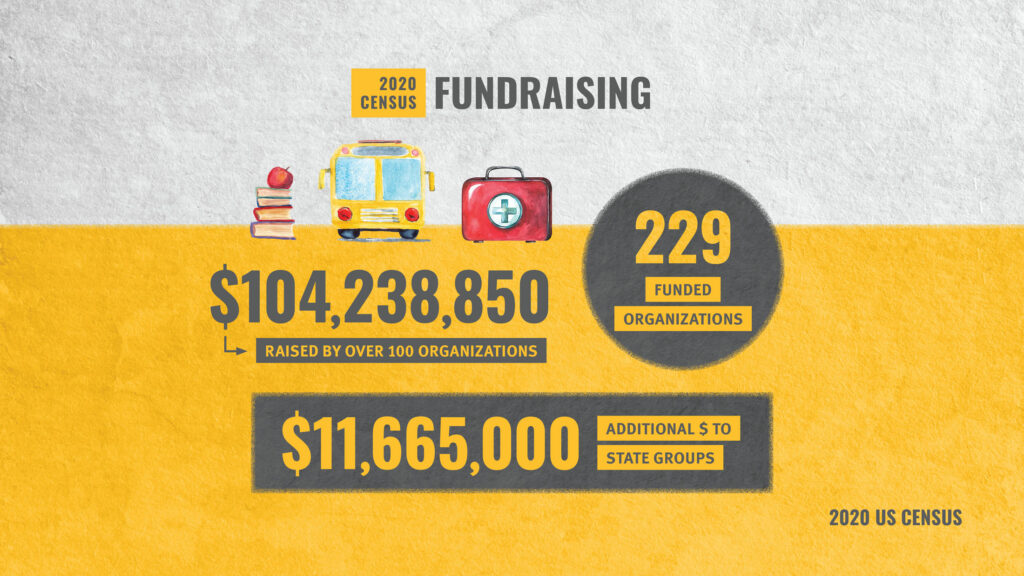
Through the Census Equity Fund, the National Philanthropic Collaborative on Census created a fund to provide support to groups in states – partners, local organizations, employers and communities – with high hard-to-count households where there is limited philanthropy. With the goal to make sure children and families in the hardest-to-count communities receive funding for programs they critically rely on like early child learning, food assistance and health services – funding that is dependent on census figures.
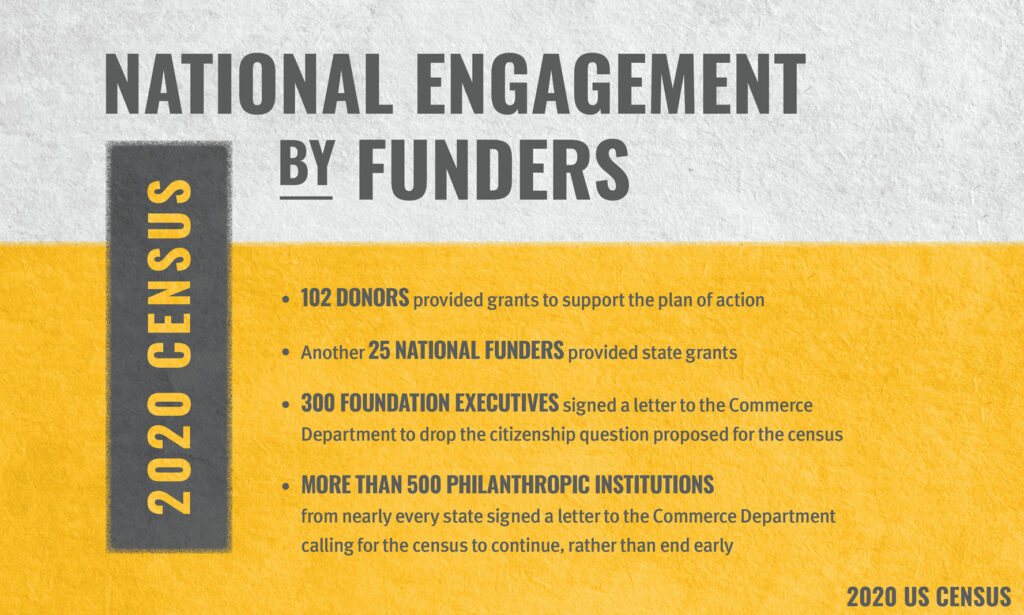
Thousands of people worked tirelessly to complete non-response follow-up operations despite many challenges and deserve our deepest appreciation for achieving a total response rate that surpassed 2010 rates.
The collaboration gave sharp focus to efforts across the philanthropic and nonprofit sector as challenges arose. Litigation surrounding the potential citizenship question, natural disasters and the inability to do in-person outreach due to the coronavirus pandemic affected response rates in the summer — particularly with Native Americans, immigrants, people in rural areas and communities of color.
Throughout, WKKF worked alongside Collaborative partners to respond and raise a collective voice in support of the count.
Funded organizations pivoted from planned in-person outreach to digital/phone/text promotions to connect with hard-to-reach communities throughout the pandemic. As a result, a COVID-19 resource page was created, to protect the health and safety of the census workers and volunteers. WKKF also joined more than 500 philanthropic institutions from nearly every state in signing a letter to the Commerce Department asking to not shorten the census timeline to ensure an accurate count.
2020 Census Response Rate
After a trending decline in census and survey participation in 2010, and despite challenges, the rate reflected the efforts of hundreds of thousands of people working tirelessly to ensure everyone was counted.
Final response rate for the 2020 Census was 67.0%, an increase from the final self-response rate for 2010 of 66.5%
– Data as of October 17, 2020
Learn more about state-specific response rates:
Why the Count Matters
In the 2010 Census, one million children under the age of 5 were not counted, costing states $550 million per year in lost federal funding for vital programs for children. According to Count All Kids, African American and Latino children were the most undercounted among the one million. The next most undercounted group in 2010 was children ages 5 to 9.
Particular attention was paid to counting young children in the 2020 Census. Through the Count All Kids initiative, partners like “Sesame Street” and Nickelodeon delivered bilingual children-centered content in many home languages through dozens of multimedia channels. This ensured that children were being counted as they transitioned to being at home during COVID-19. These multi-language materials were provided to local trusted messengers, including parents, teachers, childcare providers, physician offices, libraries and throughout early childhood care and education networks.
Children are historically the largest undercounted group in the U.S. In 2010, the Census Bureau missed 2.2 million young children under the age of 5.
Over $1.5 trillion in federal funding, job opportunities, political representation, & more are all at stake if Black people don’t take the #2020Census. It's not too late. Self respond online today!
— ColorOfChange (@ColorOfChange) August 14, 2020
Visit https://t.co/CrMZInZEcG to be counted! #OurCount pic.twitter.com/uetXbgXR0L
This #Census2020, remember that children 👦🏽👧🏽 and babies👶🏽 count too!
— NALEO Educational Fund #MaskUp #UsaUnaMascára 😷 (@NALEO) April 30, 2020
Leaving them out of the census may reduce the amount of federal funding for programs like #HeadStart, Special Supplemental Program for Women, WIC and more! #HazmeContar #CountAllKids
➡️https://t.co/JafU2EFi4P pic.twitter.com/ESwih794VJ
Have you submitted your census yet? Time is running out! Go to https://t.co/4lJwLa2F53 to complete your census today – it only takes 10 minutes and can make a **BIG** impact on your community! #CensusSummer #2020Census #CommunityActionCounts pic.twitter.com/OoHeGZsYeQ
— Community Action (@CAPartnership) August 4, 2020
With the #Census2020 timeline moved up, it is more essential than ever that we ensure that #IndianCountryCounts. Apply for one of our grants and help us count: https://t.co/ZoZzz3PMmD pic.twitter.com/b42vJOXmOI
— National Congress of American Indians (@NCAI1944) August 13, 2020
Today we celebrate #ChildrensDay or “Dia del Niño”! Show your love for the children in your life by making sure all children in your household are counted in #Census2020! #HazmeContarhttps://t.co/SumQYUZcpj
— WKKF (@WK_Kellogg_Fdn) April 30, 2020
Make sure EVERYONE living in your household is counted in the 2020 Census. Our community needs its FAIR SHARE of federal resources. Count the Grandparents, uncles, babies, foster children, and all other people (related and unrelated) who live in your household. #MakeBlackCount pic.twitter.com/5JSYwWF9Vw
— Nat'l Urban League (@NatUrbanLeague) September 13, 2020
ACCOMPLISHMENTS IN SUMMARY
- Created learning communities through funders and grantees that contributed to a stronger national civic engagement network
- Pooled funding that leveraged billions in federal/state government appropriations and millions in state and local philanthropic support
- Ensured the count of immigrant communities
- Created research on how to increase participation in hard-to-count communities used extensively by stakeholders, media and funders
- In partnership with local census count teams and communities supported local census design and implementation efforts
- Developed a comprehensive “Get Out the Count” campaign to reach historically undercounted communities
- Led national days of action, in addition to the official Census Day on April 1
- Established 25 national “hubs” connected to active state/local groups (many of them coordinated) in almost every state
- Recruited and assisted state and local funders in about 40 states
- Deployed digital tools and training to help stakeholders pivot to digital counting in response to the pandemic
- Launched an advertising and communications strategy to encourage historically undercounted people to complete the census and include young children
- Launched and supported the census quality reinforcement project to address census data quality
A graphic illustration reflecting the Collective's work on the census.
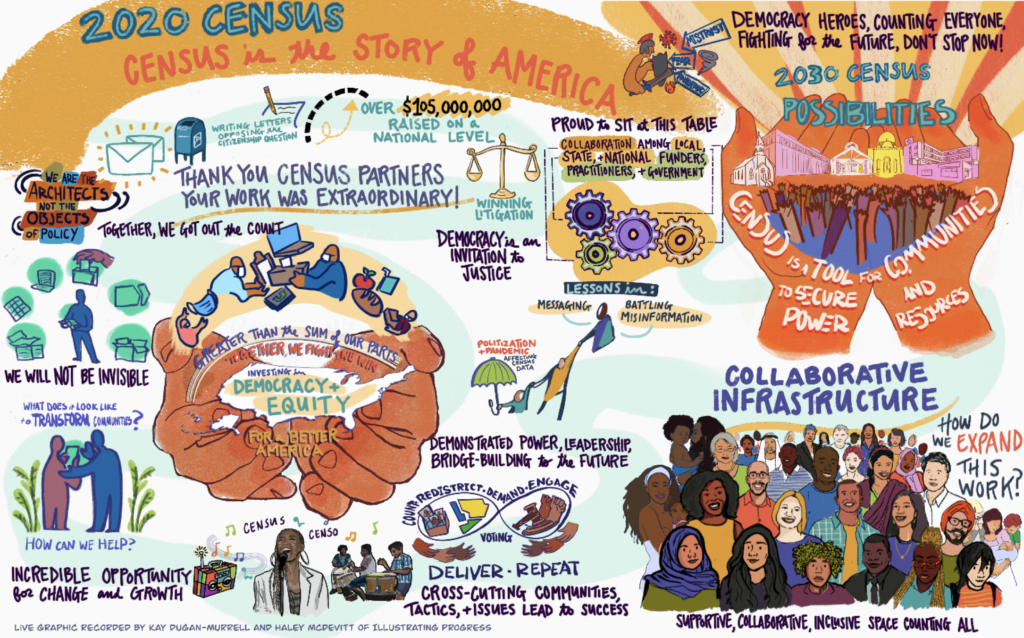

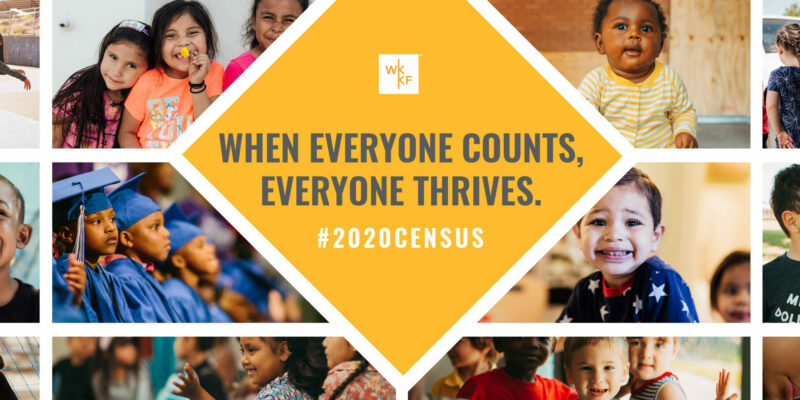

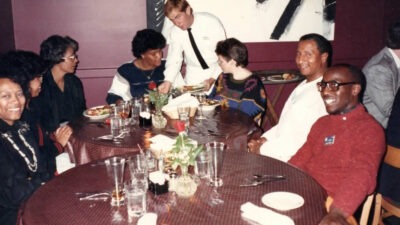
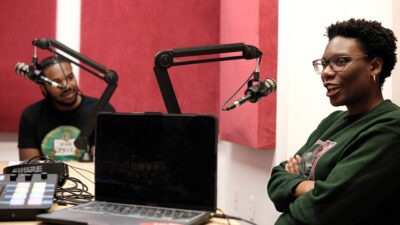
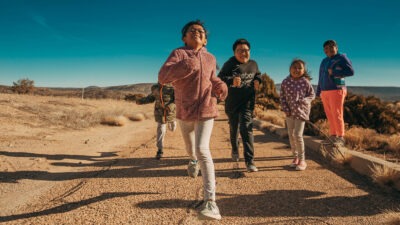
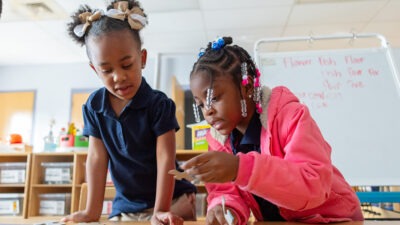

Comments